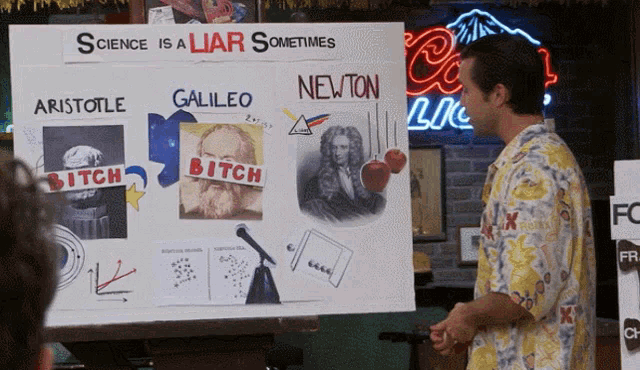cormack12
Gold Member
Source: https://www.bbc.co.uk/news/articles/c4geldjjge0o
Some of them believe that they may be on the verge of one of the biggest discoveries in astronomy for a generation - one that could force a fundamental rethink.
This early-stage finding is at odds with the current theory which was developed in part by Albert Einstein.
More data is needed to confirm these results, but even some of the most cautious and respected researchers involved in the study, such as Prof Ofer Lahav, from University College London, are being swept up by the mounting evidence.
"It is a dramatic moment," he told BBC News.
"We may be witnessing a paradigm shift in our understanding of the Universe."
Last year, when DESI researchers found hints that the force exerted by dark energy had changed over time, many scientists thought that it was a blip in the data which would go away.
Instead, a year on, that blip has grown.
"The evidence is stronger now than it was," said Prof Seshadri Nadathur at the University of Portsmouth
"We've also performed many additional tests compared to the first year, and they're making us confident that the results aren't driven by some unknown effect in the data that we haven't accounted for," he said.
The data, external has not yet passed the threshold of being described as a discovery, but has led many astronomers, such as Scotland's Astronomer Royal, Prof Catherine Heymans, of Edinburgh University, to sit up and take notice.
"Dark Energy appears to be even weirder than we thought," she told BBC News.
"In 2024 the data was quite new, no-one was quite sure of it and people thought more work needed to be done.
"But now, there's more data, and a lot of scrutiny by the scientific community, so, while there is still a chance that the 'blip' may go away, there's also a possibility that we might be edging to a really big discovery."
So what is causing the variation?
"No one knows!" Prof Lahav admits, cheerfully.
"If this new result is correct, then we need to find the mechanism that causes the variation and that might mean a brand new theory, which makes this so exciting.
Some of them believe that they may be on the verge of one of the biggest discoveries in astronomy for a generation - one that could force a fundamental rethink.
This early-stage finding is at odds with the current theory which was developed in part by Albert Einstein.
More data is needed to confirm these results, but even some of the most cautious and respected researchers involved in the study, such as Prof Ofer Lahav, from University College London, are being swept up by the mounting evidence.
"It is a dramatic moment," he told BBC News.
"We may be witnessing a paradigm shift in our understanding of the Universe."
Last year, when DESI researchers found hints that the force exerted by dark energy had changed over time, many scientists thought that it was a blip in the data which would go away.
Instead, a year on, that blip has grown.
"The evidence is stronger now than it was," said Prof Seshadri Nadathur at the University of Portsmouth
"We've also performed many additional tests compared to the first year, and they're making us confident that the results aren't driven by some unknown effect in the data that we haven't accounted for," he said.
The data, external has not yet passed the threshold of being described as a discovery, but has led many astronomers, such as Scotland's Astronomer Royal, Prof Catherine Heymans, of Edinburgh University, to sit up and take notice.
"Dark Energy appears to be even weirder than we thought," she told BBC News.
"In 2024 the data was quite new, no-one was quite sure of it and people thought more work needed to be done.
"But now, there's more data, and a lot of scrutiny by the scientific community, so, while there is still a chance that the 'blip' may go away, there's also a possibility that we might be edging to a really big discovery."
So what is causing the variation?
"No one knows!" Prof Lahav admits, cheerfully.
"If this new result is correct, then we need to find the mechanism that causes the variation and that might mean a brand new theory, which makes this so exciting.




